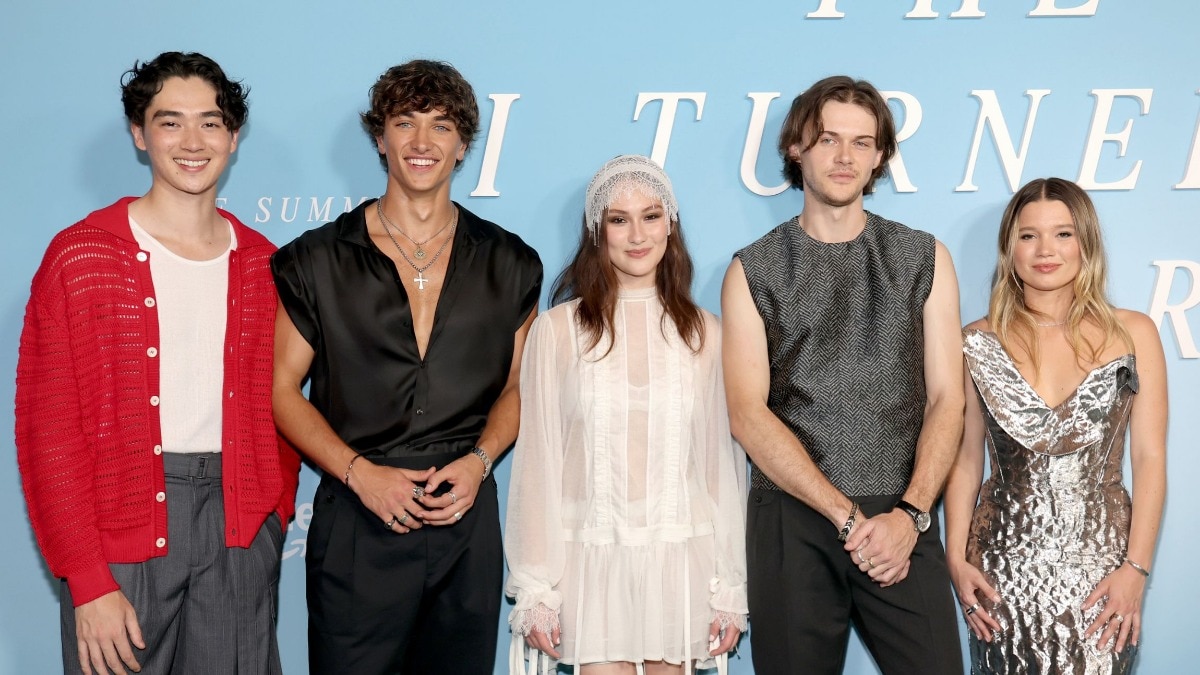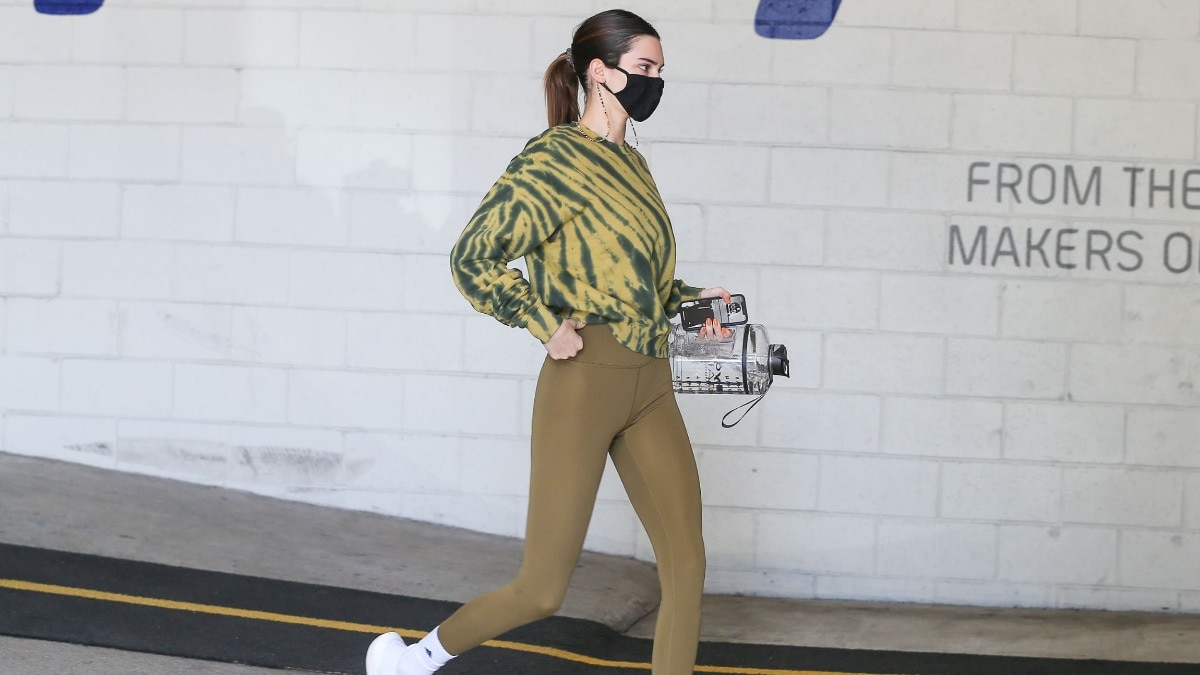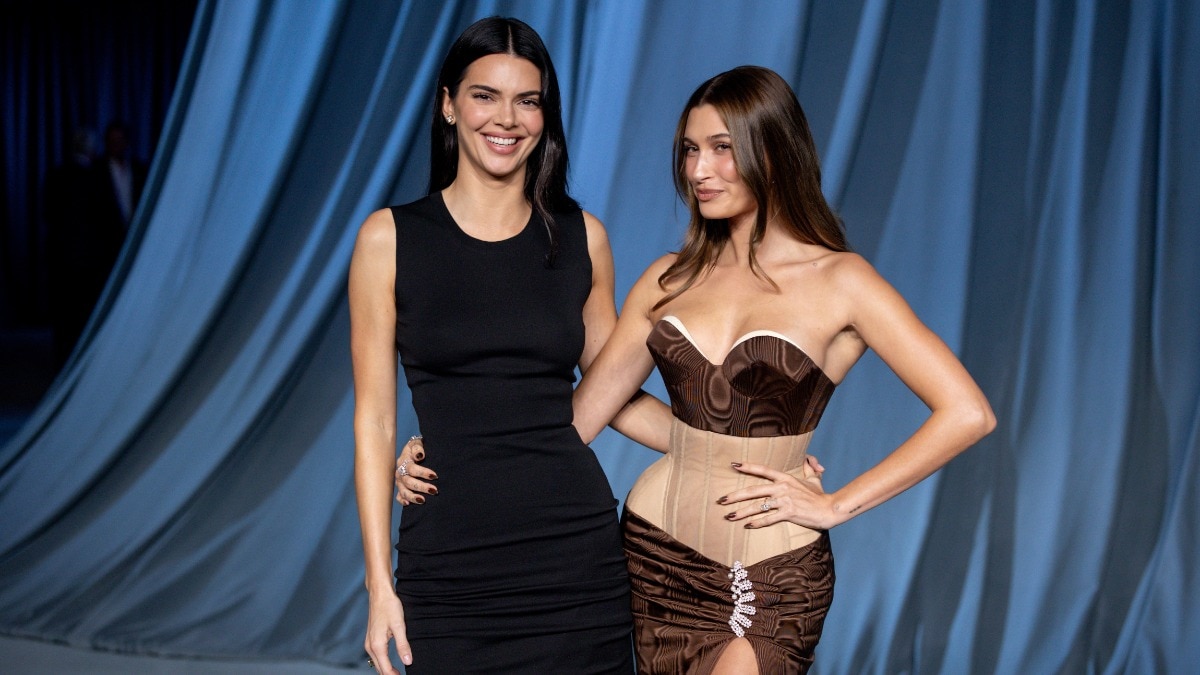
Why are women over 30 hooked on teenage TV dramas?
From 'The Summer I Turned Pretty' to 'Ginny & Georgia', teen dramas are attracting an older audience—here's why.


In recent weeks, I’ve spent an unprecedented amount of time thinking about two teenage boys and the various merits of dating each. Before you call the police, let me explain. I’ve become completely addicted to The Summer I Turned Pretty, a television show based on Jenny Han’s Young Adult novels of the same name, which has a love triangle between a 15-year-old girl, Belly Conklin, and two brothers, Conrad and Jeremiah Fisher, at its heart. First released on Amazon Prime in 2022, the show has attracted a passionate and vocal fanbase, a large proportion of which, if Reddit forums and anecdotal evidence are to be believed, is over the age of 30—like me.
“I started watching the show from the very first season and have been hooked on it ever since,” shares Bee Newham, a 34-year-old fashion stylist. “I haven’t read the books, but as soon as I saw the trailer, I knew it would be a show that I would enjoy.” Isla Heller, a 41-year-old copy editor, is also a fan. “It’s got it all! Love triangles, brooding youths, long hot summers, sexual awakenings, country club politics… what’s not to love?”

The phenomenon of older women enjoying teen dramas right now is far from unique to TSITP either, with others waxing lyrical about Ginny and Georgia, a Netflix series following a single mother and her teenage daughter, or XO Kitty, a Korean dating drama set in a high school. Personally, I’ve spent a lot of time questioning why I’m enjoying a TV series about people two decades younger than me. Is this a sign of an imminent midlife crisis?

Perhaps not. According to Dana Moinian, psychotherapist at The Soke, our thirties and forties often feel like times of great change, much like our teenage years, so there’s a resonance there. “The appeal to women in their thirties and beyond is rooted in both emotional resonance and psychological projection,” she explains. “The narratives often explore identity formation, social belonging and relational intensity—core developmental themes that, while prominent in adolescence, continue to echo throughout adulthood.
“For women in mid-life, watching teen dramas can offer a form of emotional revisitation, where unresolved experiences or unarticulated feelings from adolescence can be symbolically processed through the safety of fictional characters. Additionally, these shows tend to emphasise heightened emotional clarity, which may be particularly appealing amid the often ambiguous, emotionally muted realities of adult life.”
It's also undeniably nostalgic for those of a certain generation; TSITP is ostensibly set during the period in which I ‘came of age’ (ish). “Nostalgia has a well-documented psychological function: it supports emotional regulation, self-continuity and resilience during periods of stress or change,” explains Moinian. “For many adult women, especially those navigating transitional phases—career shifts, caregiving roles or identity renegotiation—nostalgic content can offer a stabilising effect. Teen dramas may not precisely mirror the viewer’s past, but they often evoke sensory and emotional cues—for example, fashion, music, interpersonal dynamics—that activate autobiographical memory systems. This can foster a comforting sense of connection to an earlier, perhaps more exploratory, phase of life.”

For stylist Newham, the retro fashion also appeals. “I love the nostalgia of it in both the storyline and the fashion. I love the nods to the early ‘00s fashion, which includes baby tees and denim shorts. This shows the revival in Y2K fashion and how relevant it still is.” While for me, it’s the music: having a first dance at the prom to ‘Mayonnaise’ by Smashing Pumpkins took me immediately back to the halcyon days of my late teens.
Unlike many of the teen dramas from our youth, a lot of these shows also feature more people of colour, with Belly in TSITP being biracial white and Asian American. It’s something that writer Isabella Silvers (31) likes in particular. “I love shows that focus on women and girls of colour,” she says. “As someone who writes about being mixed-race, I’m always drawn to shows with characters and storylines that represent and explore that. They also explore other topics, like mental health, eating disorders, self-harm, bullying, queerness, and so much more in non-patronising ways.”
Indeed, it’s also refreshing that TSITP also has a strong storyline for the parent characters too, in a way that wasn’t necessarily true of the original noughties teen shows like Dawson’s Creek or Gossip Girl—especially as many of the viewers are closer in age to the mums than the kids themselves. Belly’s mum Laurel and the Fisher boys’ mother Susannah are both sassy, fun, headstrong and intelligent—but they also get high and make out with strangers in bars, despite the fact they are in their forties. For me, as a single parent, too, it’s comforting to see.

Teen dramas undoubtedly allow most of us to reflect on a less complicated time in our lives—and don’t require us to think too much, either, unlike the majority of prestige television made today. “I love it because being an adult with all its complexities is hard, and to have a little window into a simpler time—'Which brother should I snog?'—is light relief,” says Heller. At the same time, it’s also not exploitative, like some reality TV can feel—so there's no need to feel guilty at someone else’s expense.
Far from being brain rot, there are scientific benefits from indulging in these so-called ‘guilty pleasure’ TV shows, too. “In clinical practice, we see increasing signs of cognitive overload and performance fatigue, particularly among high-functioning adults,” says Moinian. “The constant pressure to ‘optimise’ time can lead to chronic stress, diminished creativity and emotional depletion. Watching television that allows for low cognitive load—such as teen dramas—can serve as a form of passive restoration. This type of viewing supports downregulation of the nervous system, facilitating psychological recovery. Importantly, it also counters the perfectionistic mindset that leisure must be productive, which is itself a source of distress for many individuals.”
If you haven't selected your teen drama of choice yet, now's the time.
Lead image: Getty Images
This article originally appeared on Harper'sBazaar.com
Also read: What to watch in August before the spoilers hit
Also read: The best satirical shows to stream right now that nail the madness of modern life










